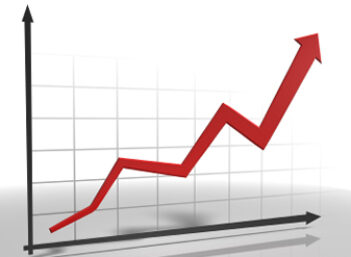What is Devaluation?
Devaluation refers to a decrease in a currency's value with respect to other currencies.
How Does Devaluation Work?
A currency is considered devalued when it loses value relative to other currencies in the foreign exchange market. A currency's devaluation is the result of a nation's monetary policy.
A central bank can make the conscious effort to make its currency less valuable. If Country XYZ's currency is set at a fixed exchange rate of 2:1 to the U.S. dollar and, due to a weak economy, XYZ cannot afford to pay the interest rate on its debt outstanding, XYZ may devalue their currency. This means the central bank of XYZ will declare their fixed exchange rate to be 10:1 to the U.S. dollar. This makes their debt outstanding is now worth five times less. It's a very tricky maneuver with grave economic consequences.
Why Does Devaluation Matter?
Whether deliberate or as a result of market climate, currency devaluation reduces the price of a country's domestic output. This has the potential to benefit the economy by helping to increase its export volume. Conversely, import volumes become stifled as the price of foreign-produced goods and services increases dramatically.
The opposite of devaluation is known as revaluation.



